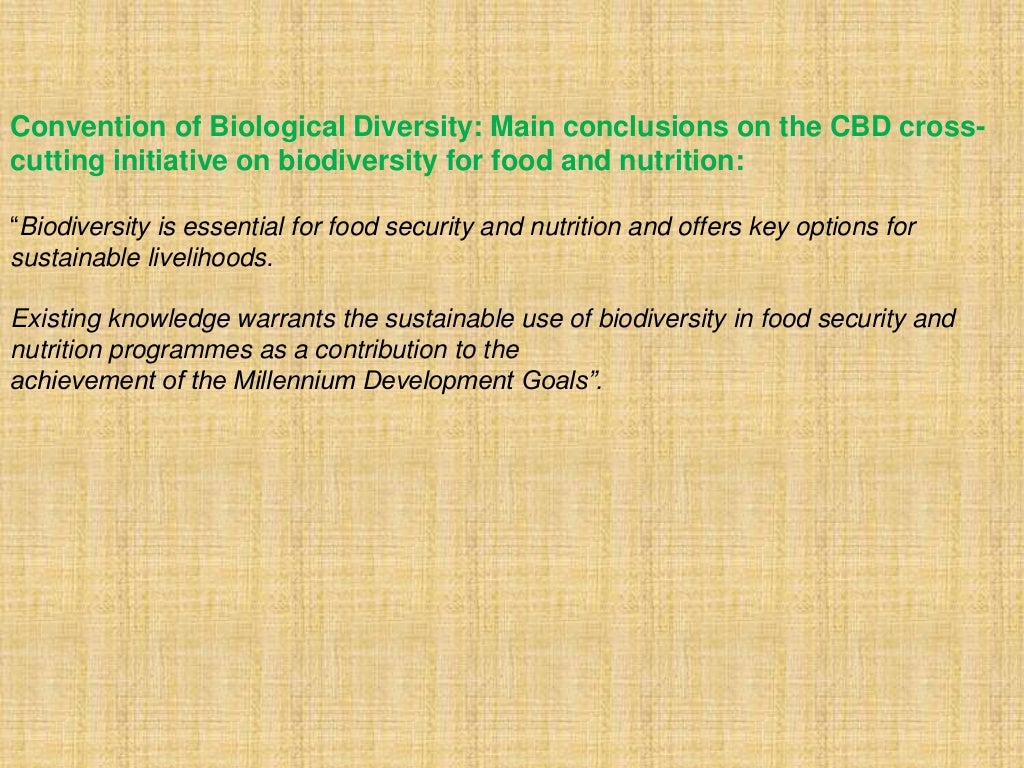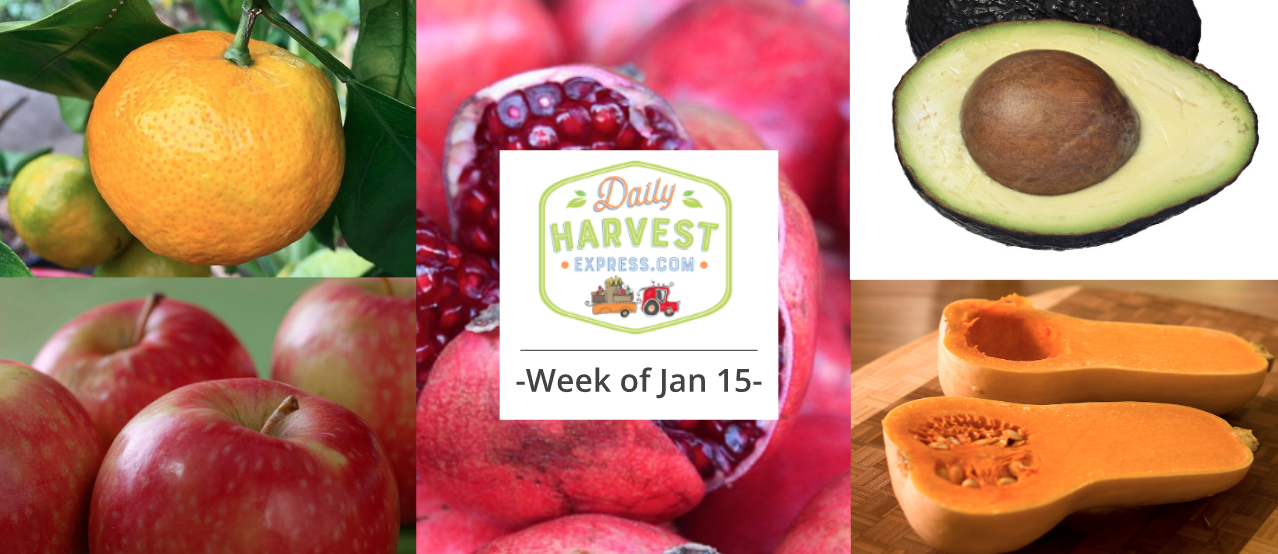Identifying a Food Future that Preserves Biodiversity Food Tank Biology Diagrams Making progress in food and drink biodiversity is slow, but moving. Source: Getty (Nicholas Robinson) "The business case for the F&B sector, and by extension agricultural and food processing supply chains, is that a degraded natural environment is simply bad for business," Mason explains. Repurposing public support for biodiversity can also have important co-benefits for the climate. While climate change is the second-largest driver of biodiversity loss after food production, the Intergovernmental Panel on Climate Change (IPCC) estimates that forests, mangroves, seagrasses, and other natural carbon sinks currently remove over half of anthropogenic greenhouse gas emissions from

Why are food chains important to nature? Food chains are important because they show the intricate relationships in ecosystems. It is seen that in food chains, each organism fills a specific niche in an ecosystem. Food chains reveal how each organism depends on someone else for survival. Loss of biodiversity. Loss of food sources. Conflicts.

Eight arguments why biodiversity is important to safeguard food ... Biology Diagrams
The following arguments outline why biodiversity loss is not only an environmental challenge but also a global societal challenge to safeguard global food security and why postponing biodiversity measures is not only bad for biodiversity but can also endanger food security itself. Summary. Food security and biodiversity are often counterbalanced.

But with so much irreversible extinction of important parts of the food chain, the Earth may never be able to support as many humans again. Anup Shah, "Loss of Biodiversity and Extinctions", Global Issues, December 2009. Related posts: Are Humans no Longer Top of Food Chain what is a Food Web Why is Biodiversity Important Why is

Why Supporting Food Systems and Protecting Biodiversity Need to Go Hand ... Biology Diagrams
Biodiversity loss in agriculture is a pressing threat to global food systems, reducing our ability to cope with climate change, environmental degradation, and nutritional challenges. Over the past century, about 75% of plant genetic diversity has been lost as farmers have shifted toward high-yielding, genetically uniform crops. The food we humans eat every day throughout our lives comes from agricultural biodiversity. Biodiversity is the basis of agriculture and our food systems. It has enabled farming systems to evolve since the origin of agriculture about 10,000 years ago. Our civilization evolved when human beings started domesticating plants and animals.

Why is biodiversity so important to food? "To put it simply - we rely on biodiversity to survive," Theodora Ewer, Project Manager at Systemiq and the Food and Land Use Coalition (FOLU) told FoodNavigator. "Species diversity plays a key role in providing ecosystem services that support food systems, including pollination, natural pest control
